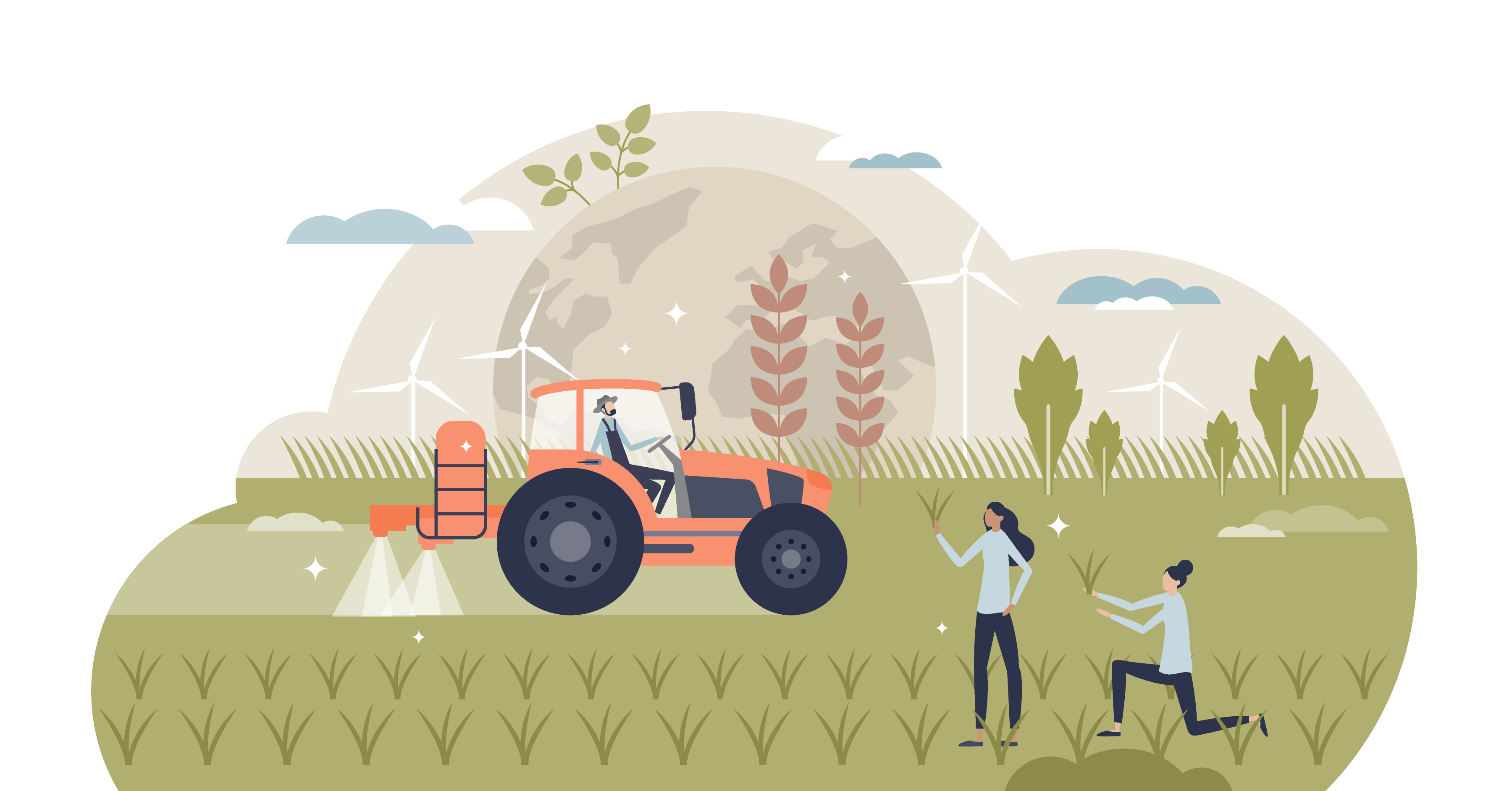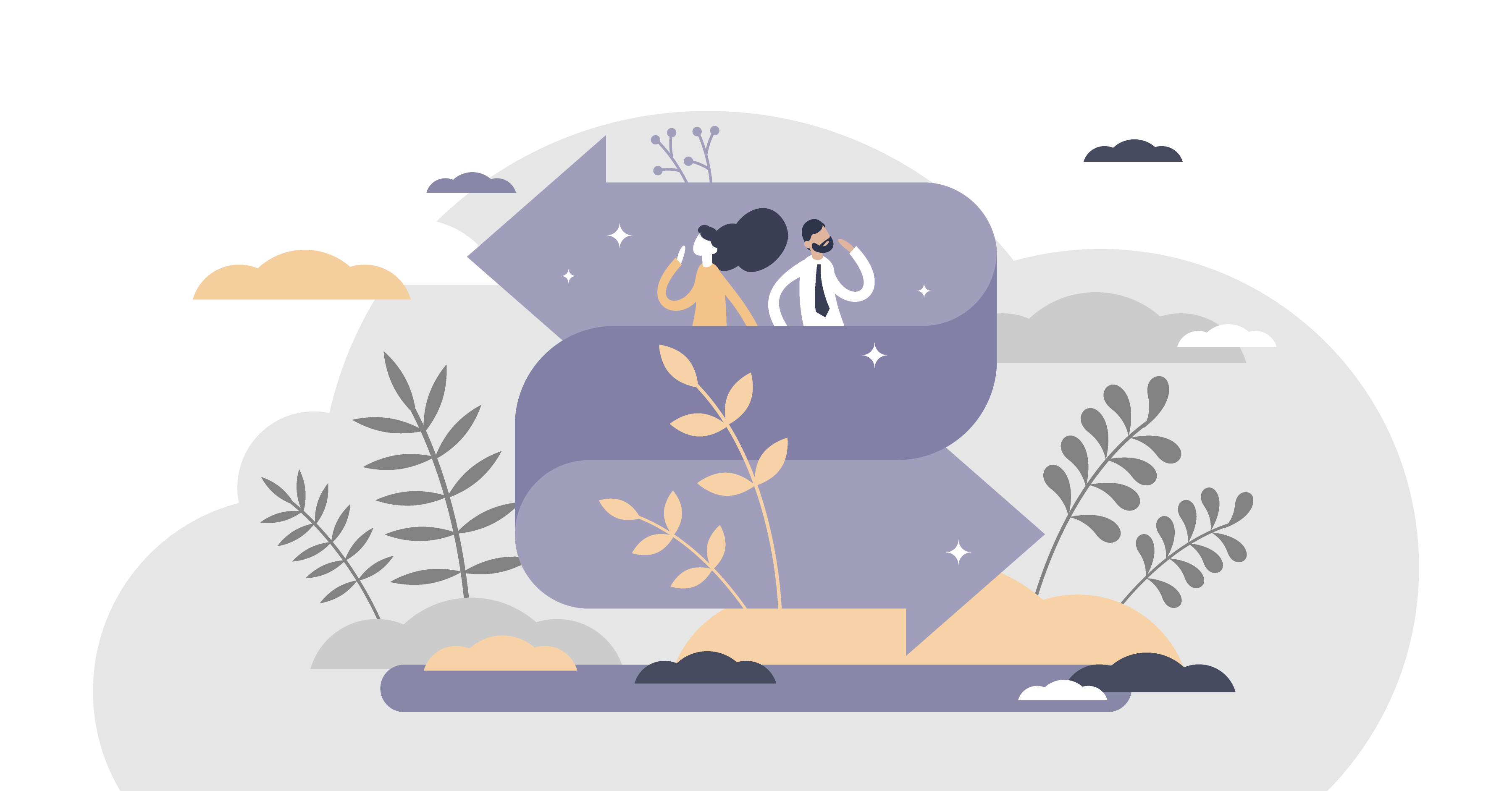Table of Contents
I'm a firm believer in small daily habits compounding into greater things. From investing to skills development, cultivating regular and helpful routines is what keeps the ball rolling forwards.
This blog is one of those endeavours. I don't get as much time as I would like to spend on it, but as a multi-year project, all I need to do is set up some regular daily habits and I'll slowly, but surely, keep heading towards my goal.
My PhD is no exception from this rule. There are little things, listed below, I try to do every day. I don't always get round to all of them every day, but I aim to organise my time around them to ensure I get to the end of my PhD one step at a time.
If you want the 101 guide to building daily habits, then I recommend James Clear's book 'Atomic Habits'*. It was an eye-opener for me and I would highly recommend a read if you want to understand more about sticking to habits.
Building habits into your daily routine is useful in your PhD and beyond
Having a good system of daily habits will build up into something greater not only in your PhD but beyond into your future career. Although, like me, you may not succeed in achieving all of these everyday, keeping a consistent routine builds momentum in the longer run.
If we assume a full-time PhD is approximately 7.5 hrs a day, then allocating 2 hours of these towards these habits is about where I aim. (I'm part-time, so it's about an hour for me).
When I'm in the depths of an experiment, setting aside this kind of time might seem kind of crazy, but it's really not that much. As I see progress in the long run, I can see the time spent is worth it, because I know it will compound reduce the time spent further down the line.
If you set aside time for the following nine habits then you'll:
- Consistently improve your writing skills - I've really noticed the benefit of this
- Develop a network of peers and engaged people, whom you regularly update and can call upon in the time of need
- Be able to follow the research going on around you
- Have a record of your work
- Keep on top of emails and communication
- Understand how you fit into the wider world - I've found this is really important now that I'm coming into the final third of my PhD
Without further ado, lets dive in.
Develop a writing habit to see daily progress in small steps
Writing is not just about getting the words down on paper. Writing is more of a process, made up of six steps; ideating, research, outlining, writing, editing and publishing.
Try to do at least one of these each day. By breaking writing down into its component parts, the task of 'writing' does not seem as daunting. Take daily notes at the very least, because future you will thank you if current you takes a little more time and effort in documenting their thoughts, processes and systems.
I love to carry around my ReMarkable 2 to take notes and write down my thoughts. I can access these notes on my computer and phone, plus it's very effective at turning handwriting into text. If it's something longer or I'm out on a walk - and no-one is listening - I'll make a voice note on my phone; Otter.ai is great for this as it also converts your chat into text.

Expand your knowledge by reading daily
There's no need to focus on the heavy stuff all the time. It doesn't have to be a research paper or anything linked to your research, but reading material written by other authors is incredibly valuable for self awareness, understanding new points of view and gaining inspiration for ways of writing and learning. In fact wider reading has so many benefits it's almost impossible to list them all here.
I try to have a wide variety of reading materials available to me so that no matter where I am or what mood I'm in, there is always something I can quickly dip into in a quiet moment. At the time of writing I'm reading Life Time* by Russel Foster. I also love to have books like The Diary of a CEO* by Steven Bartlett on standby, where ideas are given in dip-in-and-out-able sections.
A great way to ease into the scientific literature is skimming the title of articles in the most recent issue of your favourite journals. Then only read the abstracts of the ones you are interested in, making a few bullet points of the article scope and key points. Doing this will mean you'll have a source clearly outlined into your wider research landscape and ready to read in greater depth when you need it.
In line with the above writing habit, whenever you read, also have something available to make notes. Record what interests you about the piece, why it could be relevant and most importantly, where you read it!
Sharing is caring; regularly disseminate what you learn
Sharing your knowledge and expertise regularly is a great habit to build. This could be sharing a technique with another member of your research team, posting an update on X or LinkedIn, to publishing papers or speaking (or preparing to speak) at public engagement events.
This habit really benefits from compounding because building an audience who want to listen to what you have to say takes time and effort. It's something I really need to improve - work in progress!

Network inside and outside of your field to continually grow your circle
Networking is closely linked to the above habit, but networking is not all about sharing what you do. It's, perhaps more importantly, about listening to what others have to say; "put your listening ears on" as they say at school.
Go to seminars, tearooms, canteens, conferences and chat to your office neighbours. Ask questions, listen and be curious to what the other people have to say.
Not only does regularly talking to people about your research help get your name out there, listening to what they have to say can help spark ideas, help them feel supported (especially important for PhD students) and helps to solve their problems.
Talking to others in your close research sphere can highlight new ideas to work on collaboratively, help solve more communal problems and it generally boosts morale within your close work place. Making efforts to network further afield on a regular basis will help networking feel less dauting when it comes to conference time.
This is another habit I am not very good at but by trying to build a better networking habit daily, it helps reduce the anxiety when it really matters.
Keeping a PhD diary or journal will be invaluable in the years to come
There is nothing like seeing how far you have come than looking back at an old diary. Because the day-to-day progress of a PhD might seem infinitesimal, taking a look back to see just how much you have achieved in the previous month or year can really help boost your confidence and provide evidence for the positive steps you have made.
I like to think of this more as a 'to done' list. It's a nice friendly way of writing down the things I have achieved rather than looking at the mountain of things I need to do.
As one step further you can write reflections of the things you have done or experienced and discuss how you would do things differently next time. Reflecting is something I relish as it helps reframe our experiences and helps change the behaviour in future situations. I try to do this in the form of a Weekly Review.
Prioritise tasks by creating a daily to do list and improve your focus
Rather than having a to do list as long as your arm, have a shorter 'must do' list instead. These are the non-negotiables which must be done or else you will not progress in your work. These may be specific experimental steps, working towards the date of a presentation or writing the methods section of a chapter. Identify what the minimum tasks are and start with these. By all means have the long list too, but hide it away to reduce the day-to-day anxiety.
I generally have 2-4 'must do' tasks a day. Any more than this and I find it overwhelming. Accept anything beyond these as a bonus to your day. I also like to have a list of things to do when I'm not feeling great; minimal effort, low brain power sorts of things.
This is habit development in prioritisation - something which can be incredibly challenging in a PhD. Remember you can only work on one task at a time and some days will always be more challenging than others.
Master dealing with emails to reduce time spent on them
A good habit which I am trying to instil upon myself is having one or two set times a day when I deal with emails. I tend to either be really on top of emails, replying straight away or I avoid them completely and only respond to the absolutely urgent ones. It's not a very effective way of dealing with emails.
I tried using a Mendelow Stakeholder approach to emails and it worked for a while but I missed emails using it. I've now set up a daily task for 'Email Inbox Zero'. The approach I use doesn't require much effort. It's basically a system of removing any irrelevant emails and prioritising those that need some kind of action. If it takes 30 seconds to deal with the email, I'll do it there and then. If it's longer, I'll do it later in the day, most usually in the 'I can't be bothered doing anything, post-lunch slump'.
Work out a minimal effort way of dealing with emails and other similar communication. Check out this PhD comic issue on such a problem...

Keep one eye on the future through horizon scanning
I always try to keep one eye on the horizon. This could be for events, funding or just simply having a mental list of ideas of where I want to end up after my PhD. A good idea is to make a note of the skills they are looking for in job adverts. Don't get hung up on it being the perfect job, use job adverts as a blueprint to prepare for when you're ready to apply.
Not losing sight of the bigger picture is especially important in the mid to later stages of your PhD when things start to get more messy! Always have the wider reason why you are doing a PhD available to you.
Make the time to play
As kids, we spend hours playing. As adults much of that time is lost. Use some of the freedom afforded by your PhD to rekindle the feeling of being a kid in a sweet shop.
Although I feel health and safety has taken away a lot of the potentially more risky fun, there is still plenty of opportunity to be had especially when it comes to developing new techniques or potential experiments.
Reap the benefits from the compound effects of great daily PhD habits
If you can manage to set at least some of these daily habits in motion, then you will soon begin to reap the benefits.
Just over a year ago, I started a regular writing habit. At the time of writing, I now have over 50 articles on this website which together receive around 2000 visits a month, along with a subscriber list with over 100 emails, plus around 10,000 views a month over on Medium. I couldn't have done this without setting up a daily habit of doing something which contributed to these.
Over the course of the 3-4 years equivalent spent on your PhD, just imagine what you can achieve!
*Note: This blog contains affiliate links; these are indicated by a star. I only recommend things I use/have read myself. These links help keep the blog up and running and I earn a few pennies if you make purchases using these links. Thanks for supporting my work.









Comments